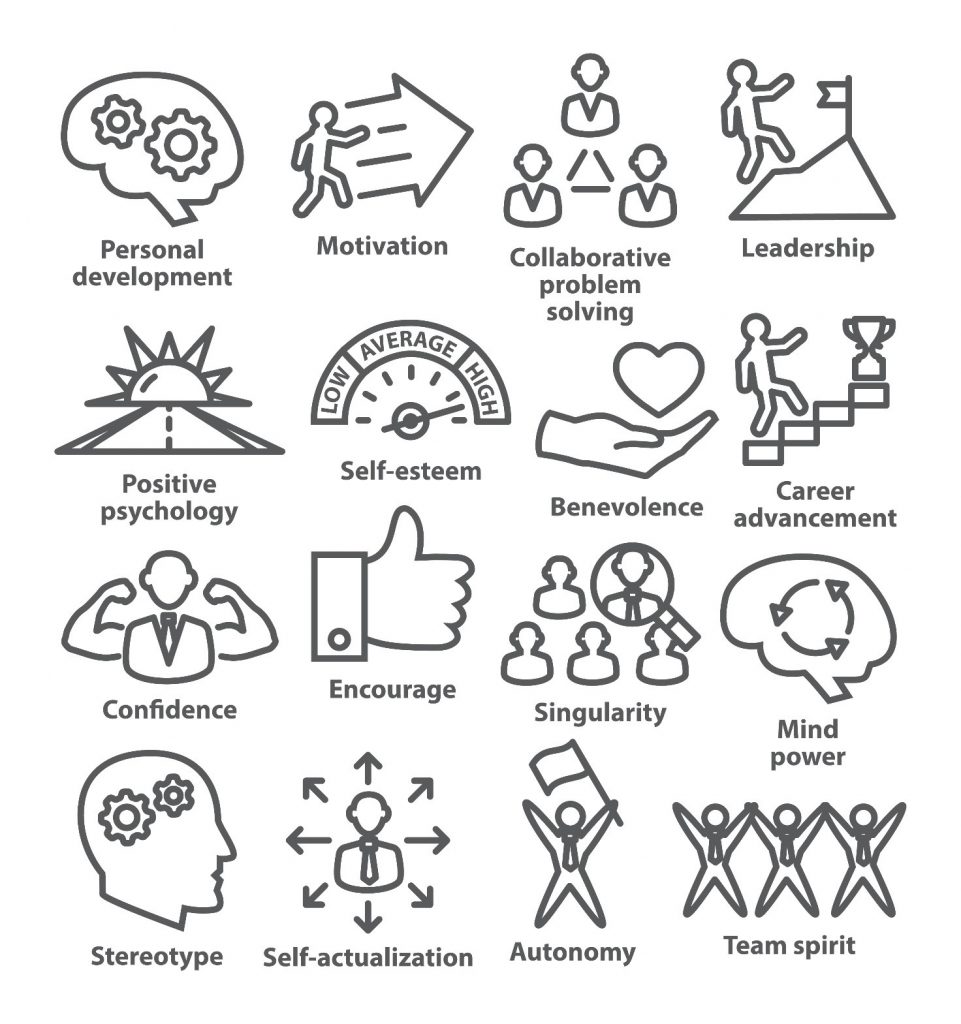
As a follow-up project (følgeforsknings projekt) to the Erasmus+ project, InnovatiVET, this project’s goal is to investigate employability by means of two key areas, (1) Work-Based learning (WBL) and (2) Reflective Practice-Based Learning (RPL).
1.Work-Based Learning
Based on cases from Finland and Denmark, we study teacher and learner strategies in collaborative problem solving (CPS). CPS has been a highlighted issue in education, reflected in the European Commission’s strategic framework for European cooperation in education and training (known as ‘ET 2020’[1]).
In specific, the study aims at exploring how teachers and learners determine the right problem to solve and how to solve it. Inspired by a design thinking process (e.g. Brown, 2008; Design Council, 2019; IDEO, 2012), the focus is on emphasizing with customer needs, defining a problem and ideating to solve the problem.
Hence, the notion of meaningful learning is studied from the perspective of how teachers and learners co-create a learning processes that aim at supporting better understanding of the needs of the customer and strategies for solving their problems.
The project draws upon existing state-of-the-art research in education, such as Hesse et al.’s framework for teachable collaborative problem solving skills ( 2015), Tynjälä et al.’s model of integrative pedagogy (2016) and work-based learning (e.g. Kis, 2016; Lemanski & Overton, 2016; Siebert, Mills, & Tuff, 2009)
The WBL study aims to answer the following (Research Questions):
- How do teachers script engaging learning processes that support development of learner autonomy and agency?
- What constitutes an industry-relevant learning process?
- Can student work readiness be improved by supporting learner autonomy and agency?
2. Reflective Practice-Based Learning
A consistent comment from contacts at companies who have interns, is that a greater confidence in students’ own professional abilities is desirable and would aid interns in greater co-participation. Furthermore, students express a confusion in regard to their professional goals, expressed as a lack of courage to participate professionally in a workplace setting. According to newer literature, agency in learners is believed to generate self-driven learning, thus creating a higher awareness of own qualifications, making students more career ready, as well as generating awareness of soft and hard skills, and as consequence, increasing employability.
The programme in Design and Business with a specialization of marketing and branding at Business Academy SouthWest in Denmark is indicative of this, and seeks to cater to the industry’s growing need for creative problem solving and design thinking in the approach to solving complex business issues.
Feedback from internship companies suggests that due to the heterogeneous nature of the student body, and the crossfield nature of the program, a need for pedagogical intervention to facilitate development of agency in learners and support formulation of personal learning goals in relation to the diverse needs of the labour market exists.
In this study, we explore the mentioned didactic intervention aimed at development of agency, co-participation, and engagement in learning affordances at the workplace.
The RPL study seeks to deepen understanding of the role of students’ participation in improving learning transfer from education to the workplace.
- Research question: How to increase employability of students at EASV by promoting self-agency in learning, by applying reflective practice based learning involving industry at an early stage of the development of career readiness?
- Proposition: RPL is a way to successfully ensure individual learning in a heterogenous, creative group of students, and facilitating a setting where this kind of reflective practice is possible will aid the students in developing agency to design their own learning goals and careers.
References
Brown, T. (2008). Design thinking. Harvard Business Review, 86(6), 84–92.
Design Council. (2019). The Design Process: What is the Double Diamond? Retrieved August 14, 2019, from https://www.designcouncil.org.uk/news-opinion/design-process-what-double-diamond
Hesse, F., Care, E., Buder, J., Sassenberg, K., & Griffin, P. (2015). A Framework for Teachable Collaborative Problem Solving Skills. In P. Griffin & E. Care (Eds.), Assessment and Teaching of 21st Century Skills: Educational Assessment in an Information Age (pp. 37–56). Dordrecht: Springer Science+Business Media.
IDEO. (2012). Design Thinking for Educators (2nd ed.). Retrieved from http://designthinkingforeducators.com/
Kis, V. (2016). Work, train, win: work-based learning design and management for productivity. OECD Education Working Papers, 30pp.
Lemanski, T., & Overton, T. (2016). The development of mapping tool for work-based learning activities. Higher Education, Skills and Work – Based Learning, 6(3), 277–287.
Siebert, S., Mills, V., & Tuff, C. (2009). Pedagogy of work-based learning: the role of the learning group. Journal of Workplace Learning, 21(6), 443–454.
Tynjälä, P., Virtanen, A., Klemola, U., Kostiainen, E., & Rasku-Puttonen, H. (2016). Developing social competence and other generic skills in teacher education: applying the model of integrative pedagogy. European Journal of Teacher Education, 39(3), 368–387.

